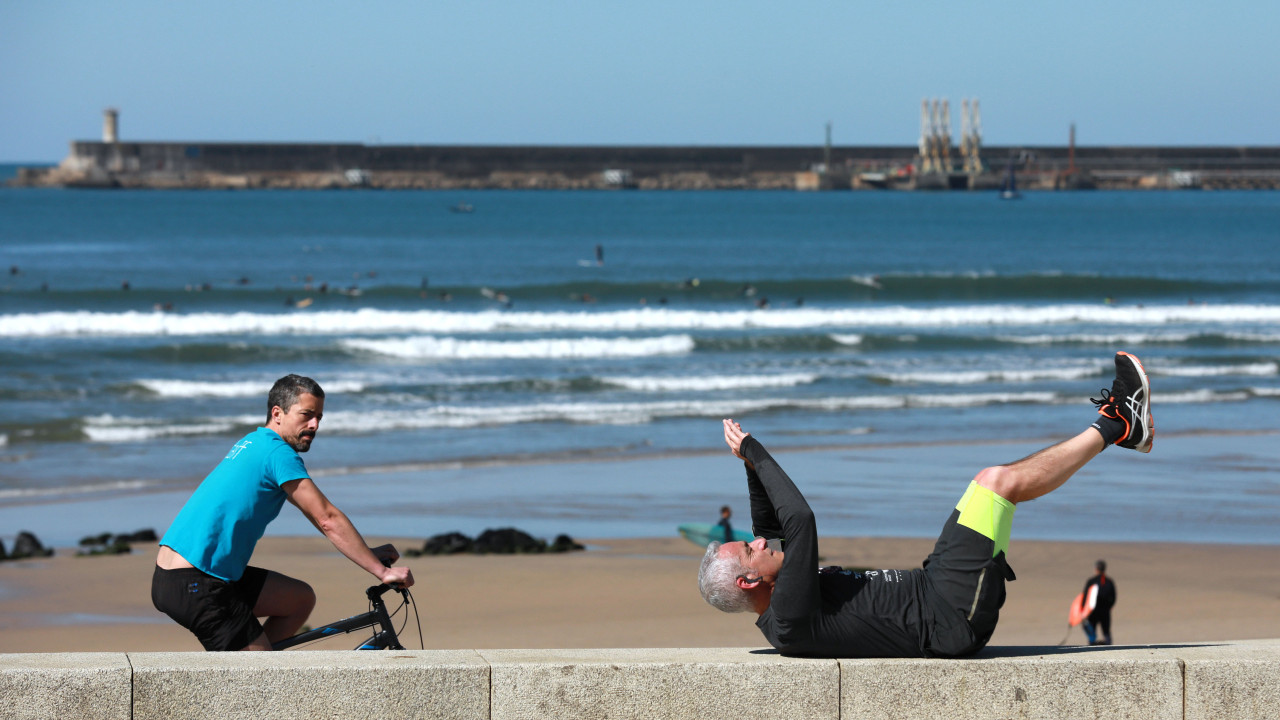
OThe data, published in the journal The Lancet Global Health, shows an increase of around five percentage points between 2010 and 2022 in physical inactivity among adults, a trend that the WHO considers worrying because it “increases the risk of cardiovascular diseases”, such as heart attacks and strokes, type 2 diabetes, dementia and cancers such as breast and colon.
The WHO states in a statement that if the upward trend continues, inactivity levels could rise to 35% by 2030.
“These new data highlight a missed opportunity to reduce cancer, heart disease and improve mental well-being through increased physical activity”, says, quoted in the statement, the director-general of the WHO, Tedros Adhanom Ghebreyesus, appealing to strengthened policies and increased funding, “to reverse this trend [de aumento da inatividade] worrisome.”
The highest rates of physical inactivity were observed in the high-income Asia-Pacific region (48%) and South Asia (45%), with levels of inactivity in other regions ranging from 28% in high-income Western countries and 14% in Oceania, according to the study.
The WHO is concerned about the persistence of disparities between gender and age, with physical inactivity being more common among women around the world, compared to men, recording inactivity rates of 34% compared to 29%, reaching this difference to 20 percentage points in some countries.
The study also shows that people over 60 are less active than other adults, highlighting the WHO’s importance of promoting physical activity for the elderly.
“Physical inactivity is a silent threat to global health, contributing significantly to the burden of chronic diseases”, highlights WHO Director of Health Promotion, Rüdiger Krech.
Despite the worrying results, the study shows that almost half of the world’s countries have made improvements over the last decade, and that 22 countries have been identified as being on track to meet the global target of reducing inactivity by 15% by 2030.
Read Also: Seven simple exercises you should be doing as soon as you get out of bed
Download our free App.
Eighth consecutive year Consumer Choice for Online Press and elected product of the year 2024.
* Study by e Netsonda, Nov. and ten. 2023 product of the year – pt.com
Source: https://www.noticiasaominuto.com/mundo/2586629/quase-um-terco-dos-adultos-arriscam-doencas-por-falta-de-atividade-fisica



